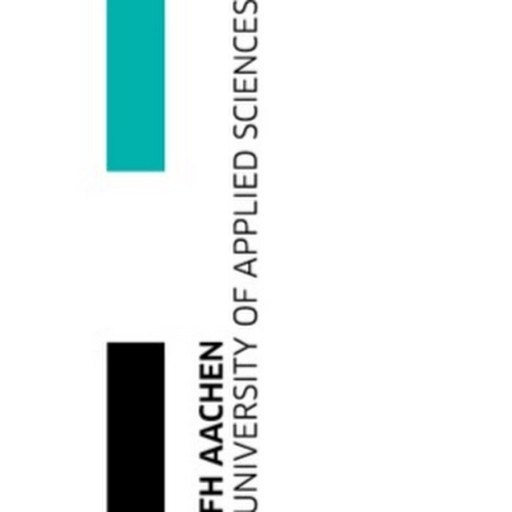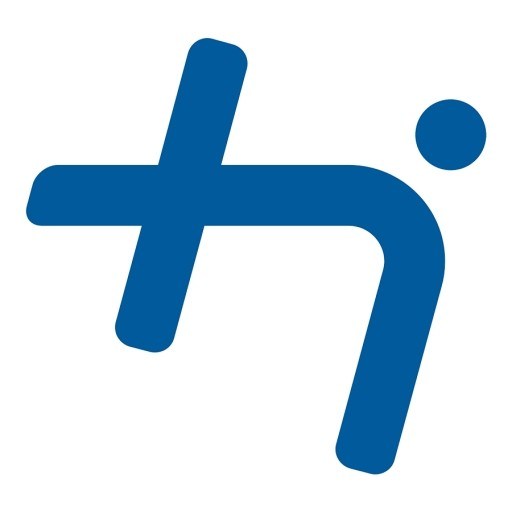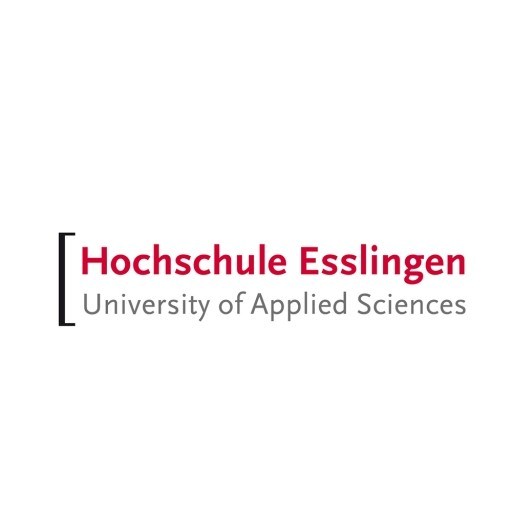Photos of university / #fh.aachen.gestaltung
The International Automotive Engineering bachelor's degree program at FH Aachen - University of Applied Sciences offers students an in-depth, interdisciplinary education designed to prepare future engineers for the rapidly evolving automotive industry. This program combines fundamental engineering principles with specialized knowledge in vehicle development, manufacturing, and sustainable mobility solutions. Students will explore areas such as vehicle design, drivetrain systems, vehicle electronics, and lightweight construction, gaining practical skills through hands-on projects and laboratory work.
The curriculum emphasizes innovation, system integration, and the application of modern digital tools, ensuring graduates are well-equipped to meet the challenges of the global automotive sector. With a strong focus on international perspectives, the program encourages students to understand global market trends, international standards, and intercultural collaboration. This prepares graduates for careers in major automotive manufacturers, supplier industries, research institutions, and startups working on cutting-edge mobility technologies.
Throughout the course, students benefit from close cooperation with industry partners, internships, and opportunities for study abroad, fostering professional networks and global awareness. The program also integrates modules on sustainable engineering practices, focusing on electric vehicles, hybrid systems, and alternative fuels to promote environmentally-conscious development. With state-of-the-art laboratories and research facilities, students apply theoretical knowledge in practical settings, ensuring they develop both technical expertise and problem-solving abilities.
Graduates of the International Automotive Engineering program are prepared for diverse roles such as vehicle development engineers, system integrators, research and development specialists, and quality managers. The comprehensive education provided by FH Aachen aims to enable graduates to contribute innovatively to the future of mobility, addressing societal demands for safer, cleaner, and more efficient transportation solutions. Upon completion, students are awarded a Bachelor's degree, qualifying them for advanced studies or immediate entry into the international automotive industry, poised to drive technological advancements and sustainable progress.
Educational organisation
During the first and second academic semesters, students deepen their basic understanding of engineering sciences and widen their specialised knowledge in automotive fields such as Environmental Effects of Vehicle Powertrain, Advanced Automobile Electronic Systems, Vehicle Acoustics, Vehicle Integration, Crash Simulation, Powertrain and Transmission Calibration or Global Automotive Homologation. In the third semester, students carry out their research for the Master's thesis. In engineering and applied sciences, about 70% of the final projects are written in or in cooperation with industry.Modules are presented in the form of lectures and tutorials. Many courses offer accompanying laboratory or workshop practice.
The collaboration in a qualification network group with outstanding selected partners from industry and research institutions is one of the unique characteristics of this course. Parts of the core subjects are organised by the qualification network partners.
Study abroad unit(s)
Basic programme:It is possible to spend the third semester (Master's thesis) at a partner institution of higher education or in industry, either in Germany or abroad. Aachen University of Applied Sciences cooperates actively with more than 10 partner universities.
Double degree programme:
The first and second semester will be studied at the home university (Aachen University of Applied Sciences). Students will spend the third and fourth semester of the programme at the partner university (RMIT Melbourne).
Internships
No mandatory internship is to be completed during the course.Forms of assessment
Written (or oral) examinations at the end of each semester. Student workload in each module is 5 ECTS (= 150 hours of work). There are three examination periods per year.Course objectives
The goal of the Master's course in International Automotive Engineering is to produce engineers possessing up-to-date technical competence in close cooperation with network partners. It aims to cultivate engineers who can be placed in complex work environments with the latest tools without the need for a long training period. Graduates will be experts in the field of powertrain and body design. Their expertise in the complex integration of powertrain and body design into body structure will serve them in the professional world.Language requirements
All applicants have to submit proof of English language skills by passing either theTest of English as a Foreign Language (TOEFL) or the International English
Language Testing System (IELTS) examinations. The following minimum scores are
required:
(a) TOEFL with min. 92 score on the Internet-based test or
(b) TOEFL with min. 580 score on the paper-based test or
(c) IELTS with min. 6.5 overall band score
(d) Cambridge Certificate in Englisch (FCE), Grade C
The proof of English skills must be submitted by the day of enrolment.
A degree of German language proficiency is also required. A Goethe Institute "Zertifikat Deutsch" at level B1 must be submitted at the time of enrolment.
Academic requirements
Bachelor's degree in Automotive Engineering, Mechanical Engineering or equivalentGRE General Test result is compulsory for non-EU applicants (with a minimum percentage of 83% in "quantitative Part" (named as "% below").
English language proficiency
German language proficiency at level B1 - Zertifikat Deutsch (for non-German applicants)
For further information for the application procedure, see https://www.fh-aachen.de/en/course-of-study/international-automotive-engineering-msc/application/
Enrolment fees
Before the semester starts, a mandatory social contribution (Sozialbeitrag) of 241.30 EUR per semester has to be paid. This contribution is not a tuition fee, but is used towards benefiting the Studentenwerk Aachen (housing and social affairs) and includes the student mobility ticket (public transport) which is valid for a period of one semester and allows the use of public transport in North Rhine-Westphalia.Costs of living
The cost of living in Aachen amounts to approx. 700 EUR per month. Therefore, you should have at least 670 EUR available per month, which is equivalent to 8,040 EUR per year. Monthly costs comprise the following:Social contribution and health insurance (up to age 30) approx. 80 EUR
Study materials, books approx. 40 EUR
Accommodation approx. 250-350 EUR (basic accommodation)
Food, clothes and other essentials approx. 200 EUR
Computer, TV and radio licence fee approx. 18 EUR
In order to cover your monthly living expenses, the amount mentioned above should be available under all circumstances.
Job opportunities
Applicants should not count on financing their stay in Aachen by working part-time during their studies. However, some students are successful in finding part-time jobs either at the university or research institutions and engineering companies around Aachen region.Arrival support
Orientation is provided for the non-German freshmen by student tutors, student services and the International Student Society (INCAS). The "Guide Book for Master's Students" of the Department of Aerospace Engineering also offers essential information regarding preparation prior to departure, finding accommodation after arriving in Aachen, and university life during the study period.The faculty offers an orientation day for newly enrolled students. During this day, students receive presentations about the university, the faculty, all of the courses in the first semester, the library services, examination rules, and student projects. They also receive information on the university's software, enabling them to register on time for their courses.










